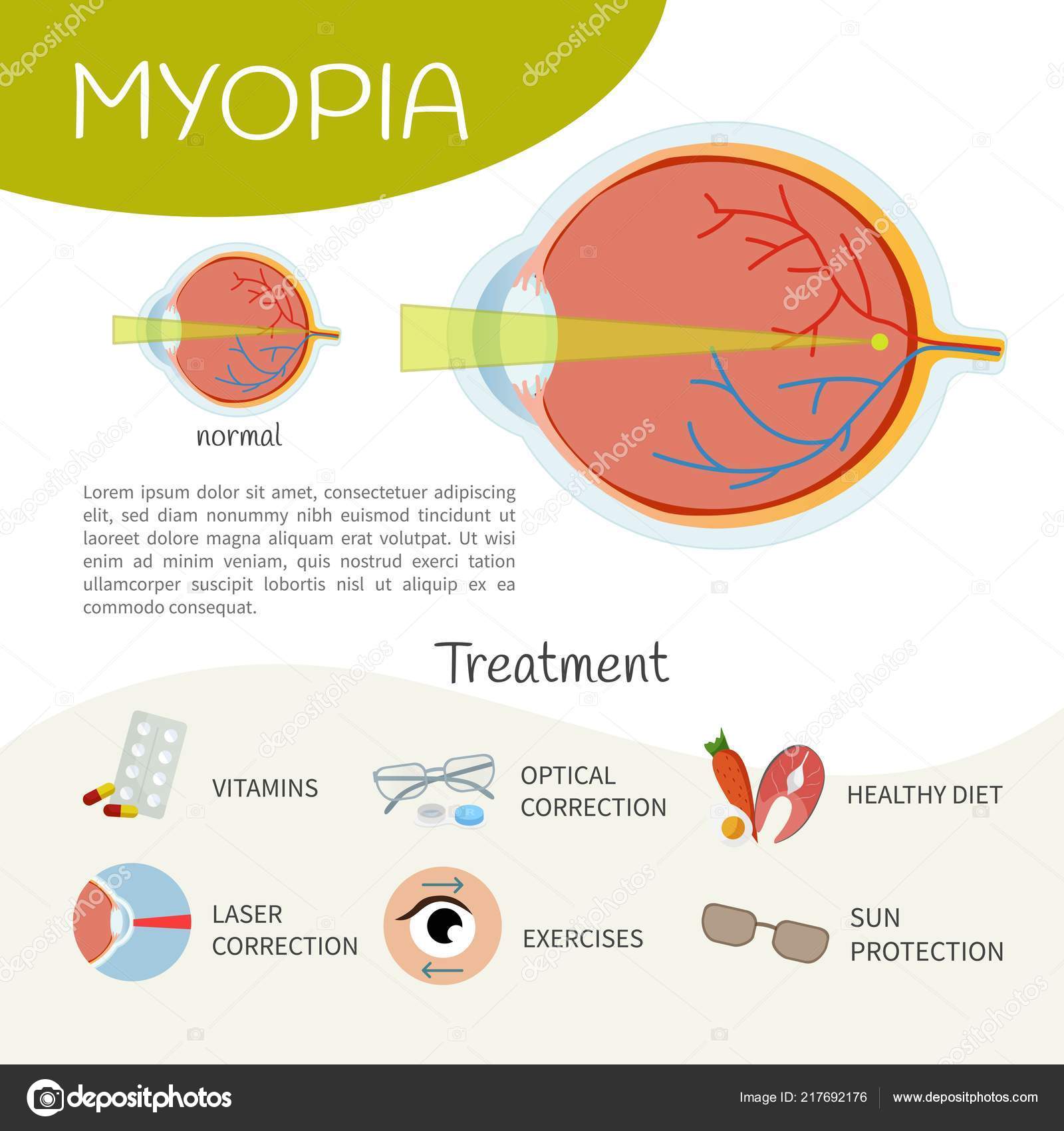Is SMILE Eye Surgery Appropriate For You? Secret Insights And Considerations To Remember
Is SMILE Eye Surgery Appropriate For You? Secret Insights And Considerations To Remember
Blog Article
Write-Up By-Frederiksen Mooney
If you're contemplating SMILE eye surgery, ponder this: are you prepared to welcome potential visual freedom, or does the idea of any kind of threats make you hesitate? Your choice will rest on a cautious equilibrium of weighing the benefits against the unpredictabilities. It's essential to delve much deeper into the subtleties of SMILE surgical treatment to make an educated selection that straightens with your visual goals.
Understanding SMILE Eye Surgery
When considering SMILE Eye Surgical treatment, it is essential to comprehend the treatment and its benefits. SMILE, which stands for Little Laceration Lenticule Removal, is a minimally invasive laser eye surgical treatment that remedies typical vision issues like myopia (nearsightedness).
During the procedure, your eye doctor will certainly use a femtosecond laser to create a tiny cut in your cornea. With this incision, a little disc of cells called a lenticule is removed, improving the cornea and fixing your vision.
One of the crucial benefits of SMILE Eye Surgical procedure is its quick recovery time. Many clients experience improved vision within a day or more after the procedure, with marginal discomfort.
In addition, SMILE is recognized for its high success rate in giving long-lasting vision modification. Unlike LASIK, SMILE does not require the creation of a flap in the cornea, decreasing the threat of complications and allowing for a much more stable corneal structure post-surgery.
Understanding the treatment and its advantages is essential when considering SMILE Eye Surgical procedure for vision improvement.
Advantages and disadvantages of SMILE
Considering SMILE Eye Surgery for vision correction features different advantages and potential disadvantages.
Among the major pros of SMILE is its minimally invasive nature, as it involves a small laceration and commonly results in fast healing times. https://lorenzovenwe.worldblogged.com/35115228/expert-analysis-a-discussion-with-a-lasik-doctor-on-regular-client-problems is also known for triggering minimal pain and dry eye symptoms post-surgery compared to various other vision improvement methods. Additionally, SMILE has been shown to supply excellent aesthetic end results, with numerous patients accomplishing 20/20 vision or better.
On the other hand, a prospective disadvantage of SMILE is that it may not appropriate for individuals with extreme refractive errors, as the therapy range is somewhat limited compared to LASIK. One more factor to consider is that the understanding contour for surgeons executing SMILE can affect the schedule of skilled companies in certain areas.
Highly recommended Website is very important to evaluate these advantages and disadvantages thoroughly when choosing if SMILE is the right option for your vision improvement demands.
Determining Qualification for SMILE
To identify if you're eligible for SMILE eye surgical procedure, your ophthalmologist will perform a detailed examination of your eye health and vision requirements. Throughout this examination, factors such as the stability of your vision prescription, the density of your cornea, and the overall wellness of your eyes will be assessed.
Typically, prospects for SMILE are over 22 years of ages, have a steady vision prescription for at least a year, and have healthy corneas without problems like keratoconus.
Your optometrist will certainly additionally consider your general eye health, any type of existing eye problems, and your way of life needs to establish if SMILE is the ideal option for you. https://costlasereyesurgery87765.nizarblog.com/29403423/fascinated-by-cataract-surgical-treatment-discover-the-truth-behind-prevalent-misconceptions-and-misunderstandings-with-specialist-insights-from-an-ophthalmologist to connect any specific visual requirements or worries you might have during this analysis to guarantee that the therapy straightens with your assumptions.
If you aren't qualified for SMILE, your ophthalmologist might advise alternate vision correction options that far better suit your specific requirements and eye health standing.
Conclusion
Ultimately, deciding whether SMILE eye surgical procedure is right for you needs careful factor to consider of your private eye health and aesthetic requirements. Seek advice from your eye doctor to identify your qualification for the procedure and evaluate the possible benefits and drawbacks. Remember to communicate any kind of worries or inquiries you may have throughout the examination process to make an educated decision about your vision correction alternatives.
